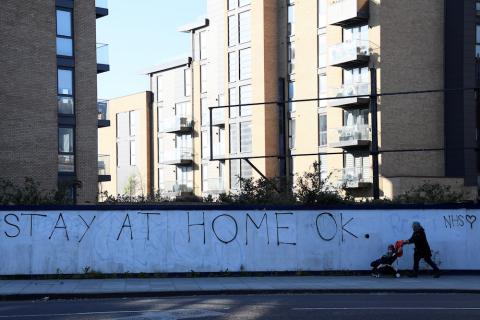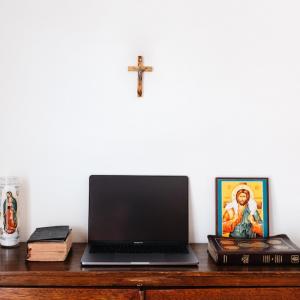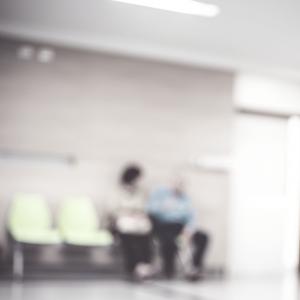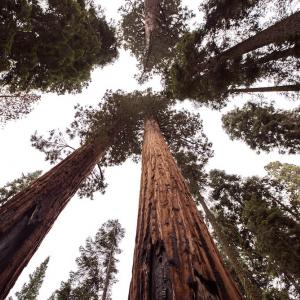I’m surprised at myself. Worship, tactile and embodied, is always tied to particular places, and I relish that. Church on YouTube means no shifting light through stained glass in the eaves of Riverside Church; no communion wafers; no after-church biscotti. No incense and echo at St. John the Divine in New York, now converted into a field hospital. At our house church in Connecticut, I miss the thrum of the music in the soles of my feet, the program to crease and recycle. There are no children to chuckle at, coloring or rolling Hot Wheels. Out our sanctuary’s enormous windows, I watch hawks, sparrows, cloud movements, wildflowers. All around the world, people are missing the materiality of sacraments: water for baptisms, cups with the blood of Christ inside. One week, we take communion as a congregation with whatever we have on hand. Grape juice? Cranberry juice? Our pastor suggests. We don’t have juice. We have the real deal (red wine) but don’t feel like opening a new bottle just yet. We need to save that! (Quarantine has made us stingy with our provisions.) We use giant hunks of sourdough bread and cups of ice water. It feels ... fine.



